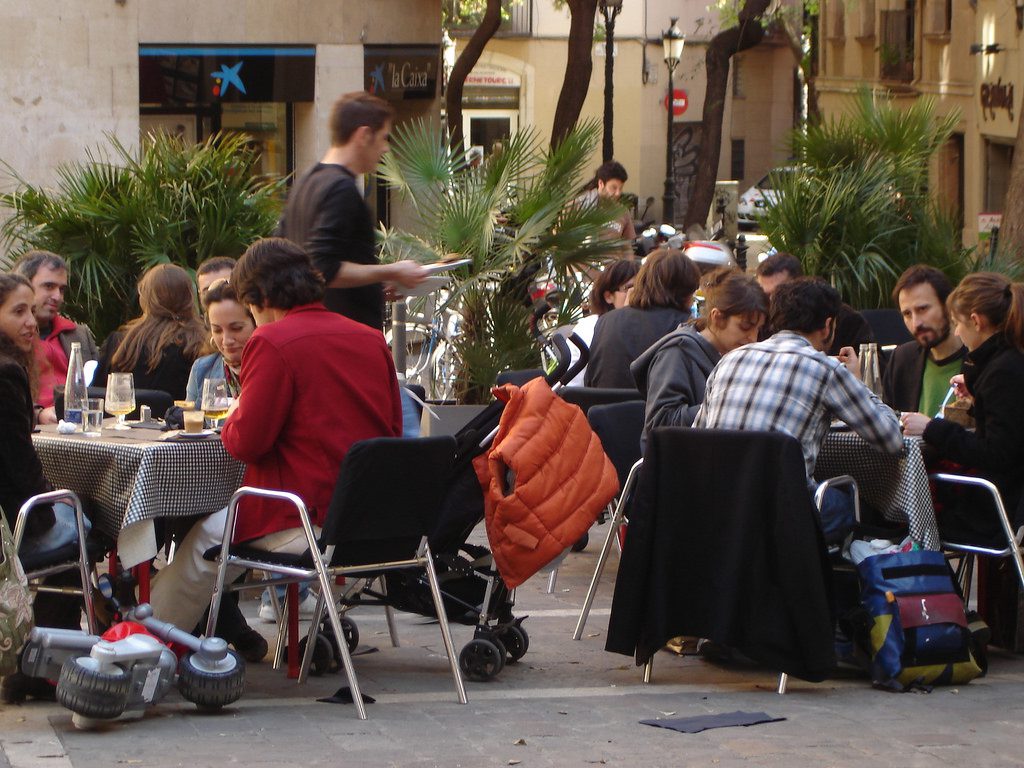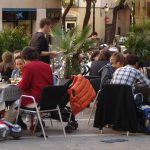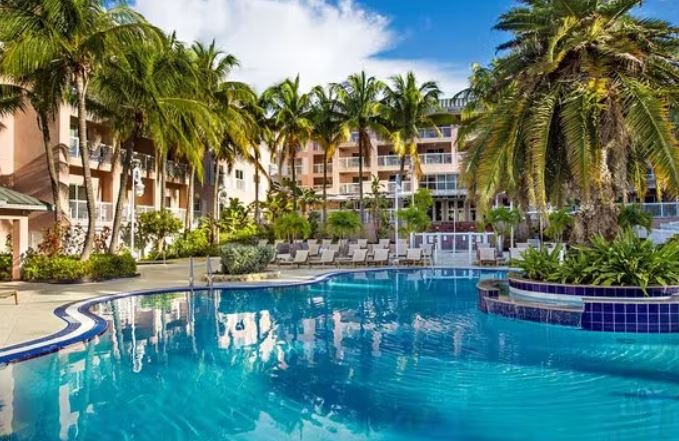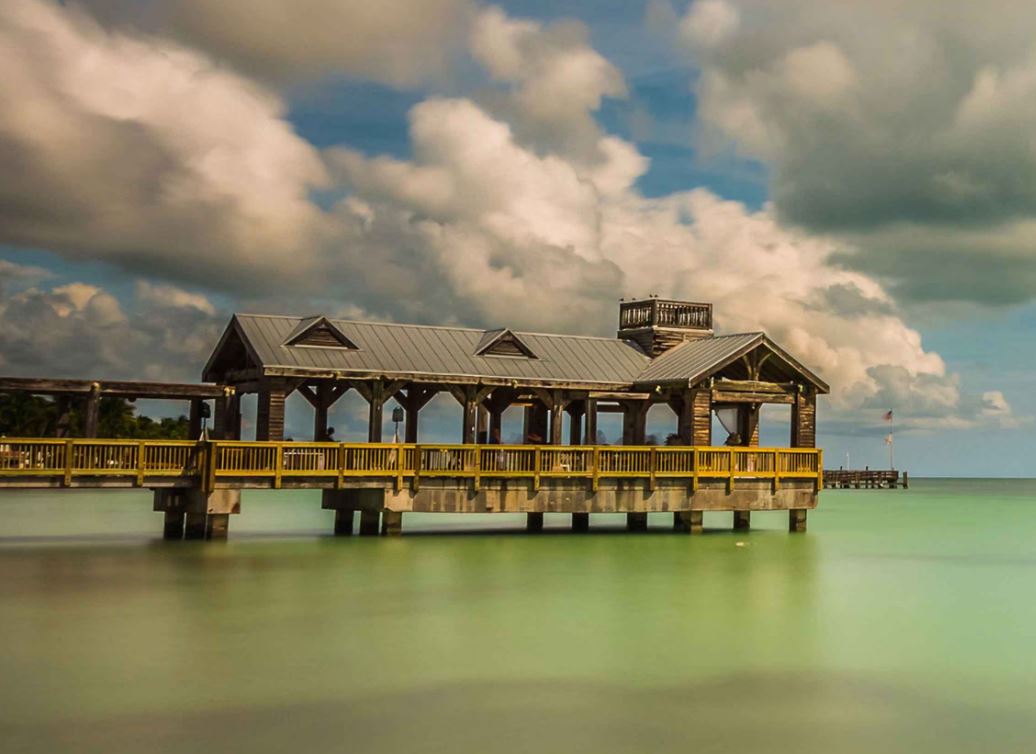
Spain is a Liberian country and is popular for Flamenco (Spanish ballet), bull fights, beaches, sun and sunshine. Considered as one of the main cultural centers of Europe, has vibrant cities like Barcelona, Madrid, Valencia, and boasts of old monuments and futuristic architecture. Summers are hot in the interior and more moderate and cloudy along the coast while winters are very cold in the interior and partly cloudy and cold along the coast. The main ethnic groups in Spain are Castilian (75%), Catalan (16%), Galician (approx 6.5%) and Basque (approx 2%). The currency of Spain is Euro.
Spanish culture
Under the dictatorship of Franco, Spain’s culture was preserved well and there wasn’t much outside cultural influence on Spain during the Franco regime. The economic policies of the 1960’s opened up doors for foreign investment and tourism and this is the time when international culture started spreading into Spain. Most Spaniards are strongly influenced by rock and contemporary music of international culture.
Many foreign musicians / groups like The Beatles have given music performances in Spain, the island of Ibiza is of particular significance in Spain, most young British adults take their vacations in Ibiza- a favorite spot for Techno music. Spain hasn’t produced much internationally renowned musicians except a few that we know-of: Julio Iglesias and Enrique Iglesias. With the rampant spread of International culture post 1960s it’s not uncommon for us to find popular American fast-food chains with franchises all over in Spain, most foreign films and TV programs aired on TV are sourced from the United States.
The other peculiar thing about Spain is everything happens a lot later here in Spain. Typical work day starts at 10:00 am, then people have late lunch (2:00pm and 3:00 pm), followed by an afternoon Siesta or nap, resume their work at 5:00 pm, they end their work at 8:00pm, Supper is taken late between 9:00 pm to 10:00 pm or even late in hot summers. There is a long break of 2 hours during the mid-day during lunch time when most businesses, schools, supermarkets and shops are closed with the exception of restaurants which are open all day. So weekly shopping needs to be done on a Saturday or in the evening when you are not working!
The Spaniards have a relaxed work culture. Spaniards are also known for not maintaining punctuality! Even if you are late by 15 minutes to work, the boss will not mind, definitely intriguing.
Most Spaniards have that macho attitude. If you are clad scantily on a hot day expect comments and stares from people around you, just ignore them and don’t retaliate and the women folk in Spain find this macho attitude pretty normal and take it as a sport.
If you need some medication you don’t need to have a prescription from a Doctor, the local pharmacists can treat you with the best medicine, so don’t waste your time visiting doctors when you are in Spain.
Sundays are truly sacred for most Spanish people and most of them visit the Church. Later in the afternoon it’s not uncommon to see families having lunch together. Like most Mediterranean cultures Spaniards have large families.
Food & Drink
The most well known bar food in Spain is Tapas. Tapas are small portions of food, eaten before the main meal. Spanish cooking varies from region to region: Galicia is famous for its seafood including baby eels Vizcayan style codfish, Catalonia is renowned for meat and vegetable casseroles, Valencia is famous for Paella (Spanish rice dish) and Andalusia is famous for gazpacho (cold soup). Pork, chicken and beef are the most preferred meats. People in Spain drink bottled water or mineral water even though there’s plenty of tap water around. Spain has a relaxed attitude of alcohol consumption and you must sample their world famous fortified Sherry wine when you visit Spain.
Folkloristic traditions of Spain
The best known folkloristic traditions in Spain are Flamenco and Bullfights.
Flamenco is a genuine Southern Spanish art, exists in three forms: the song-Cante, the dance-Baile and the guitar playing-Guitarra. The gypsies are known to have been the fathers of Flamenco and played a strong role in the creation of this art. If you want to dance to the Flamenco you must not miss the event, Feria de Abril, which takes place in Seville every year in April and lasts for one week. At this event you can find a lot of people dancing, singing, drinking sherry wine and eating delicious Tapas.
Bull-fights or Corridas start with Pasiello- ceremonial entry of the bullfighters, then two Alguacilillos (horsemen) on horse’s back direct themselves to the president of the corrida and ask for the keys of the “puerta de los toriles” and finally when the doors are open and the first bull enters the ring, the spectacle starts. April until September is the best time for watching bullfights in Spain and generally they take place on a Sunday in most cities of Spain. There are also many bullfighting festivals in Spain which last for a week or two.
Fiestas and Folklore in Spain
Sanfermin in Pamplona – Most famous bullfighting festival, Sanfermin takes place in Pamplona – the town of the “Running of the bulls”.
Semena Santa – Easter week with world famous processions in Seville.
El Rocio – A traditional pilgrimage which takes place in the month of May, not a serious pilgrimage, Flamenco and wine are indispensable components.
Fiera de Abril – This festival lasts for an entire week and takes place in the month of April.
Las Fellas De San Jose- This festival of fireworks takes place in March, in Valencia.
La Tomatina- This is world’s largest tomato fight, a little town in Bunol hosts this festival on the last Wednesday in August. People throw mature tomatoes at each other on this day.
La Tamburrada- This festival lasts for an entire week and takes place in San Sebastian in the month of February.
San Isidro- This bullfight festival takes place in the month of May, in Madrid.










